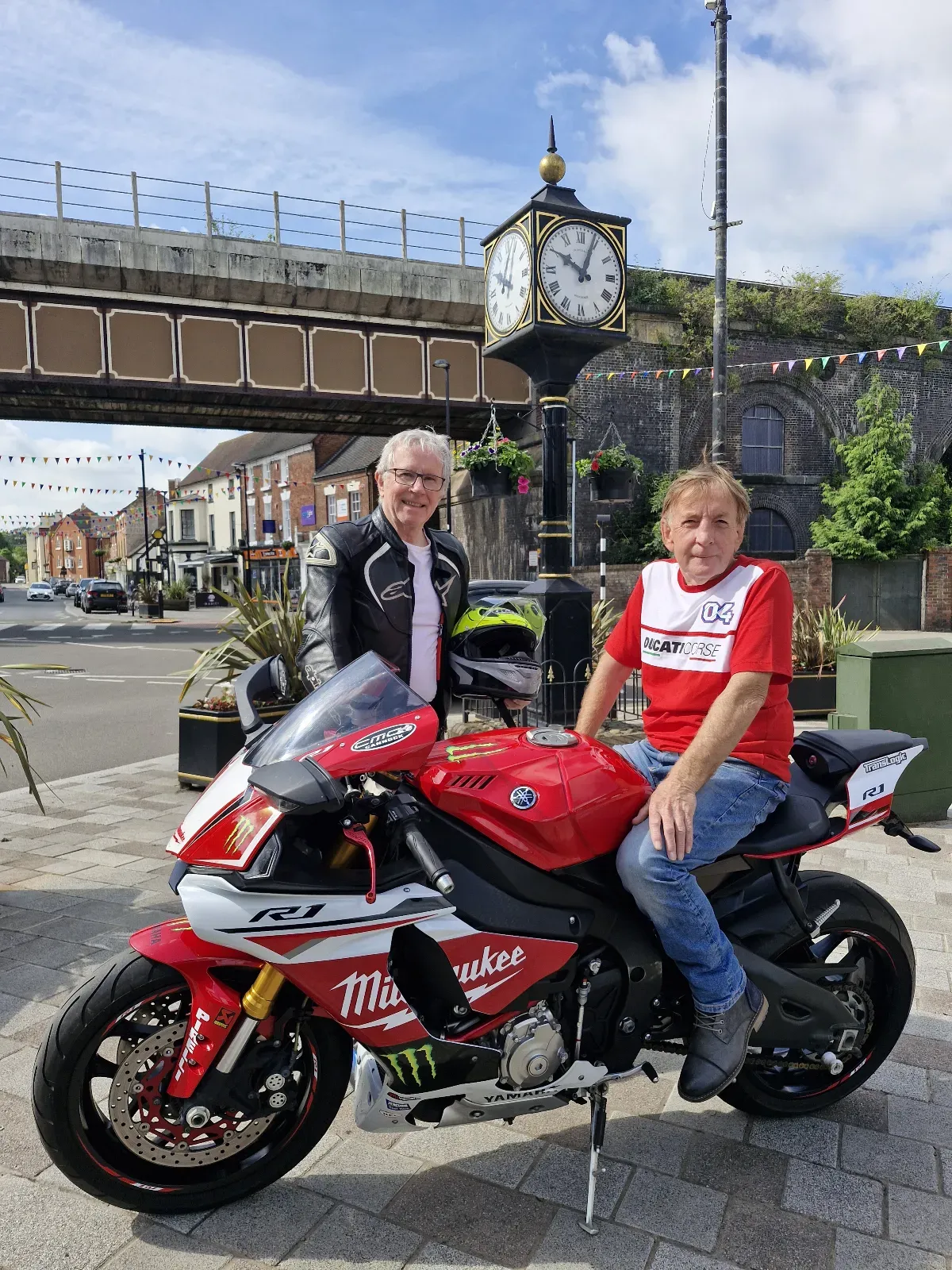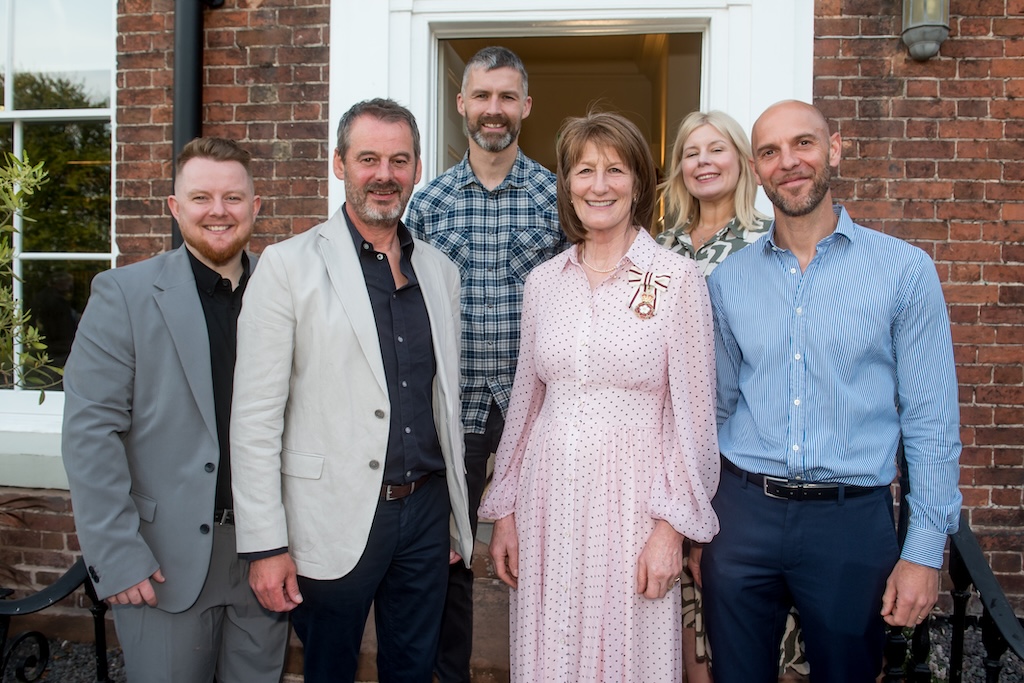Ed finds out about a project called Unlocking the Severn which will help save a rare fish
Just before the lockdown began, I was treated to a special behind-the-scenes tour of Diglis Island in Worcester. Diglis is a ‘lock island’ and sits in the middle of the River Severn next to the deepest lock on Britain’s waterways. On the other side of the island is a substantial weir. Therefore, Diglis represents a fortress guarding the middle Severn. The combination of weir and lock are a formidable barrier for any fish attempting to travel up the Severn. Locks were constructed in the 1840s to reduce seasonal fluctuations in the river level and make the Severn navigable for boats, as far as Stourport.
A brisk wind blew from the Malvern Hills as I carefully crossed the lock gates onto the island. I was meeting Alice and Rachel from Severn Rivers Trust. They are working on a project called Unlocking the Severn to help save a rare fish called the twaite shad. This was once a well-known species on the Severn, called the May fish because each Spring they would migrate from the sea up–river. They would swim huge distances to reach their spawning grounds, some travelling as far as Welshpool. At one time, the shad would have been a common fish caught in the Shropshire stretch of the Severn. Unlike salmon, shad are unable to get past weirs. Unlocking the Severn will see major construction works to allow fish life to once again, flow upstream.
Breath-taking experience
The first thing that I noticed on Diglis was an earthy smell that hung in the air. The unprecedented floods of February and March seem now like a distant memory but when I visited the island, the silt that the river left behind still coated pathways and trees.
Mud also covered the floor of one of the workshops on the island. Lock gates were once made here for use along the length of the river and on the local canal network. A mortice machine stood in the corner, abandoned. Outside the workshop was a pile of large timbers. Alice explains that it is a tropical timber called ‘green heart’ that was used to make the lock gates. Unlocking the Severn will refurbish the building so it can be used for environmental education and community events. Where better to experience the magic of our longest river than here, surrounded by swirling water travelling from the wild slopes of the Welsh mountains down to the sea?
Spring will come again and the long-forgotten migration of the May fish will return, a pulsing tide of silver fins and sparkling eyes…
From the island we have a good view of the works currently being undertaken next to the weir. A line of metal pilings has been driven into the river bank. Soon concrete will be poured to form the base of the fish pass. Unlocking the Severn will see works on four other weirs on the Severn and two weirs on the River Teme. Fish scientists have now electro-tagged over 200 shad in the lower Severn. The tracking has confirmed that the shad migrate each May as far as Diglis before their progress is checked. The population of shad will be carefully monitored once the fish pass has been completed.

Helping hands
The Green Team is a new volunteer group who will help to look after Diglis Island. They have already started laying an old hedge and have put up nest boxes for the birds that make their home in this watery place. They will also be helping to record the species that can be found on the island with moth trapping and bat surveys already planned.
At the narrow tip of Diglis Island is a community orchard. Amongst the fruit trees stands a black pear, the county emblem for Worcestershire. Between the trees, I can see the city skyline. With the lack of high-rise buildings, it is the cathedral that stands proud on the river bank. A water gate beneath the cathedral was once used for boats to deliver sandstone from Shropshire for repairing and re-building sections of the cathedral.
It was the navvies who built the locks and then the lock keepers and bargemen who first came to Diglis to live and work. A small disused chapel and an overgrown allotment still stand on the island, highlighting the sense of the self-sufficiency and community spirit that has always pervaded this unique space. Our relationship with the river is changing. Boat traffic on this once busy waterway has reduced. The role of Diglis Island as a place for people to connect with the river will remain as strong as ever.

2020 has proven to be the most challenging time for us all. We must hope that one day coronavirus will be a distant memory. Unlocking the Severn is making improvements to the ecology of the river that will last forever. Spring will come again and the long-forgotten migration of the May fish will return, a pulsing tide of silver fins and sparkling eyes that will herald the changing season.
Do one thing for wildlife this month
The pandemic is causing some delays to the Unlocking the Severn project. However, the project webpage at https://www.unlockingthesevern.co.uk/volunteering/ has some really interesting information about the project and details of ways in which people can volunteer. Once restrictions ease, please contact Rachel Davies (Volunteering Officer, rachel.davies@severnriverstrust.com) for more information
Footnote:
Unlocking the Severn is being delivered by Canal & River Trust, Severn Rivers Trust, Environment Agency and Natural England with funding support from National Lottery Heritage Fund and EU Life Fund. Thanks so much to Alice Fallon and Rachel Davies for their help with the article.







